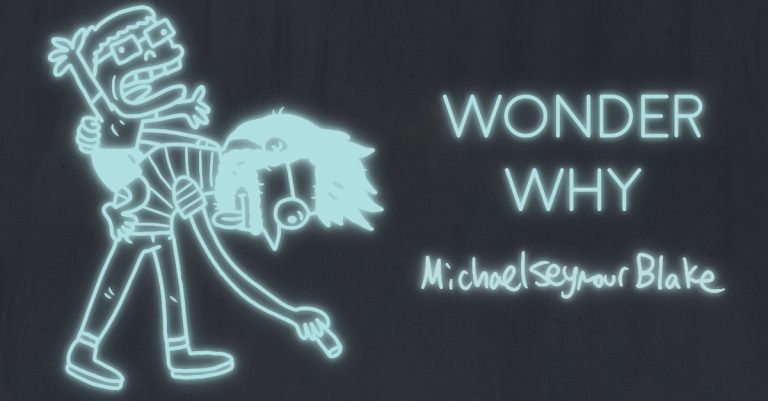
Archives

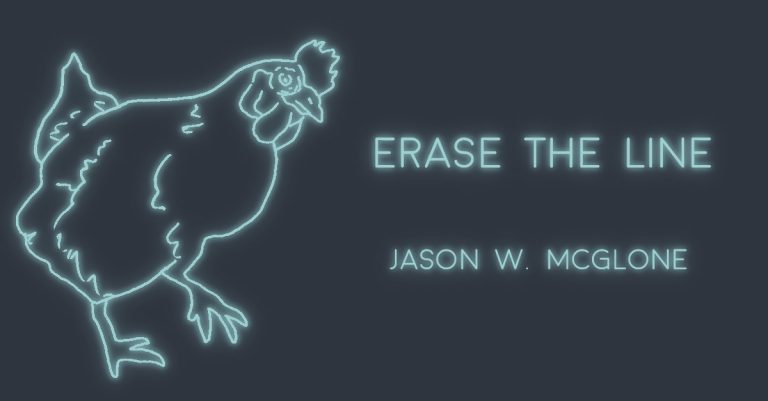
ERASE THE LINE by Jason W. McGlone
My mother is bursting at the seams and I am watching her stitching begin to give.

SKINK by aureleo sans
For now he made his home in men. Or rather, for a time, they lodged in him while he saved up seed money.
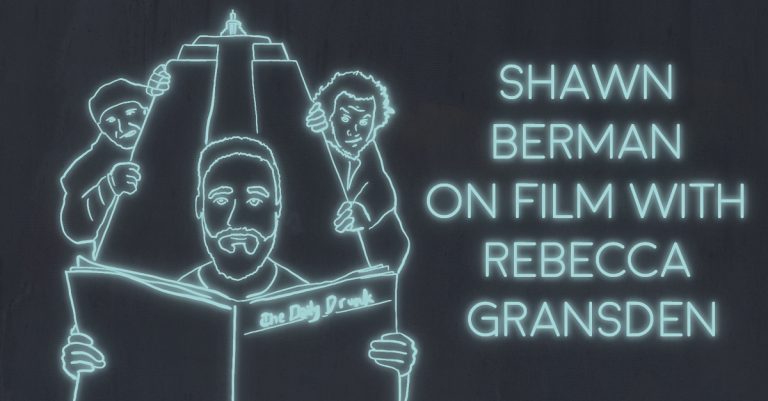
SHAWN BERMAN on film with Rebecca Gransden
Have fun. Be yourself. All that live free Target store bullshit. But it’s true.
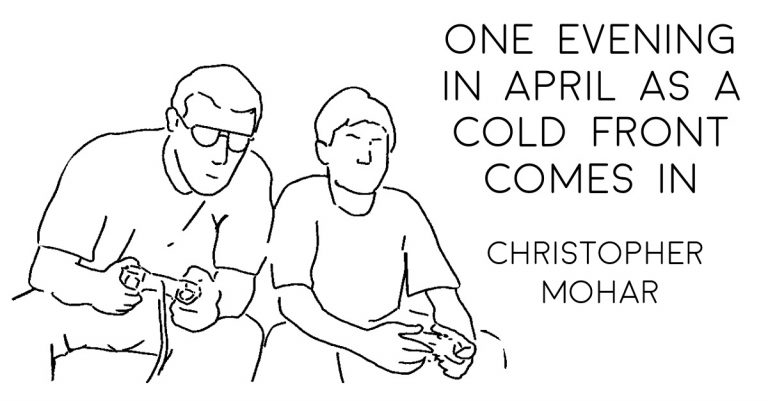
ONE EVENING IN APRIL AS A COLD FRONT COMES IN by Christopher Mohar
For one heartbeat, I wanted it to be true. I wanted to see my own father facedown on the tile, spattered in his own blood.
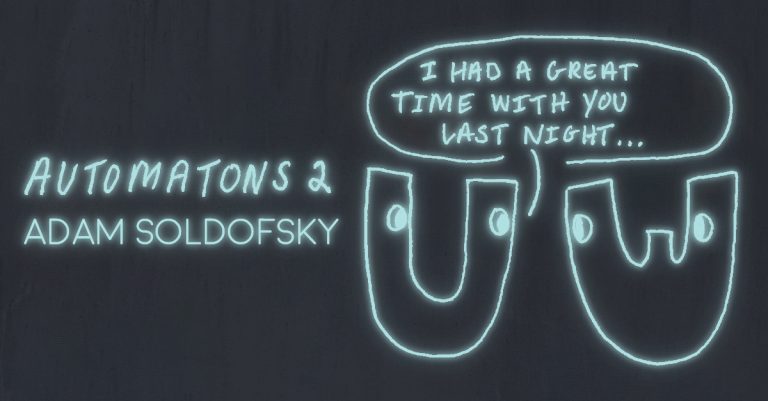
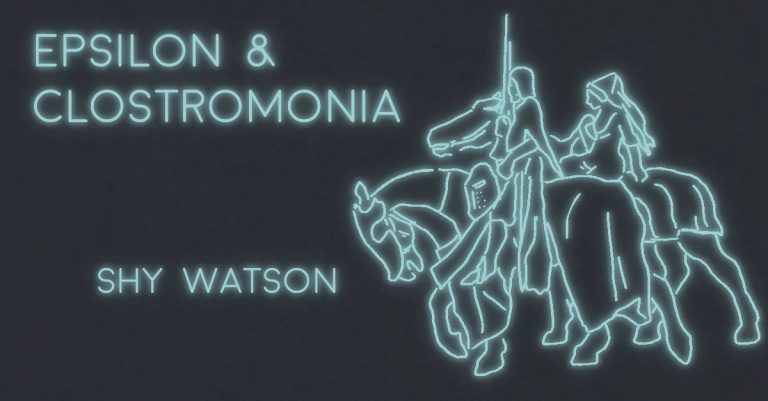
EPSILON & CLOSTROMONIA by Shy Watson
Clostromonia was beautiful. She was big-breasted and a fine cook. Epsilon’s fellow noblemen regularly begged for slices of her bimbleberry pie. “Ay, Epsilon,” they’d say, “I’m going to snatch the pie from your maiden’s windowsill along with the big-breasted beauty who made it!” In these moments, Epsilon felt proud.
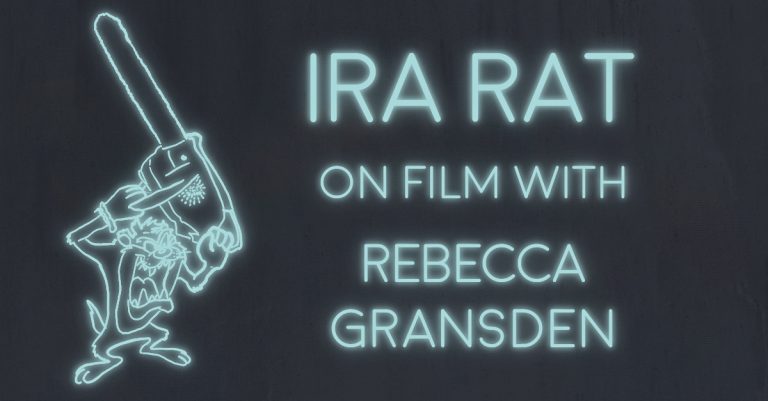
IRA RAT on film with Rebecca Gransden
Growing up surrounded by people constantly quoting the latest gross-out comedy or something like Star Wars it makes me feel a little dirty whenever I say a line from a movie.

CRUSH by Kelsi Lindus
On the white sand, I stand with a man who doesn’t love me and we watch a bald eagle–big as a boy–bent over something bloody.
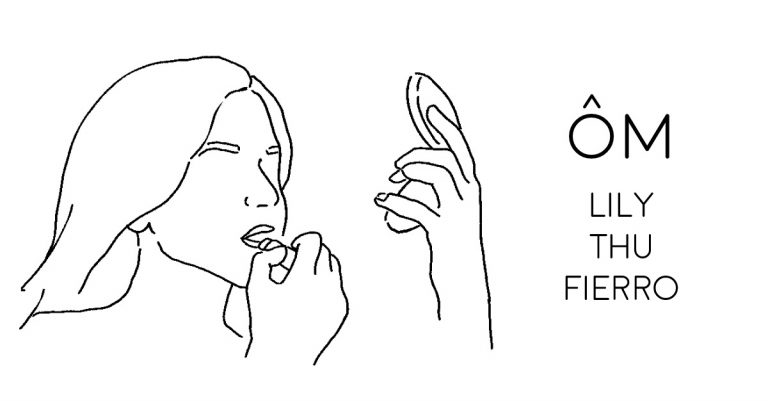
ÔM by Lily Thu Fierro
2:00 A.M. Tonight’s crowd is mostly gone. Good tips. No grabs. I did alright.
